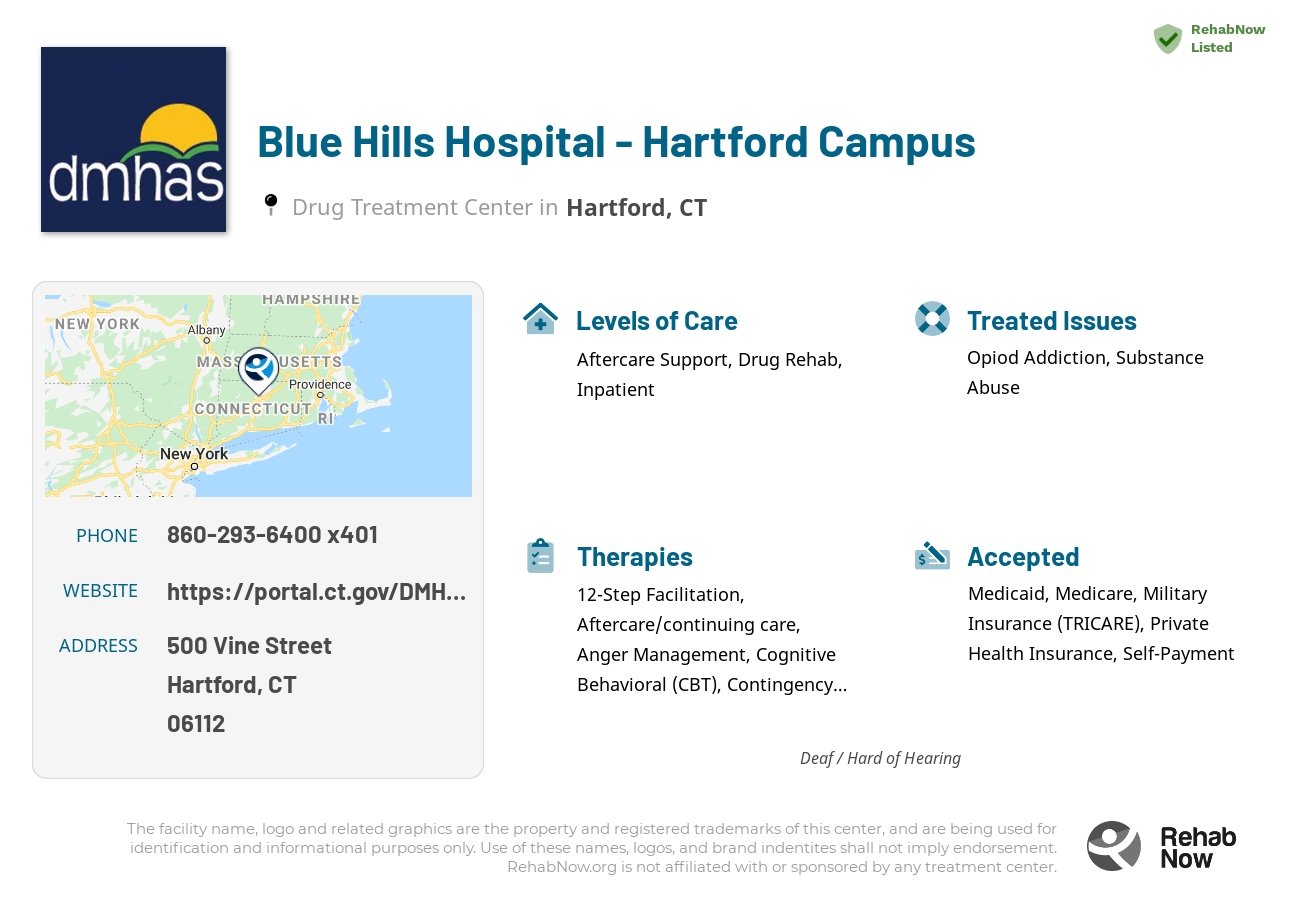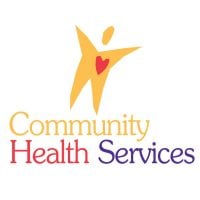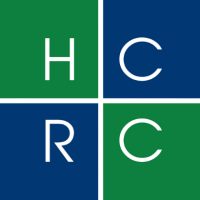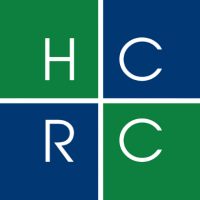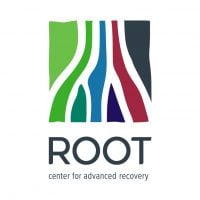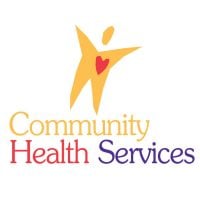Blue Hills Hospital - Hartford Campus
Drug Rehab Center in Hartford, Connecticut
Blue Hills Hospital - Hartford Campus is an accredited drug rehab facility founded in 1633 that provides a variety of levels of care from aftercare support to detox, specializing in treating opioid addiction, substance abuse, dual diagnosis, and mental health issues with the acceptance of private health insurance.
About This Connecticut Facility
Blue Hills Hospital - Hartford Campus, nestled in the historic city of Hartford, Connecticut, is a renowned addiction treatment facility dedicated to guiding individuals on their journey towards sobriety. Surrounded by the state's natural beauty and rich cultural heritage, this center offers a serene and supportive environment for those seeking recovery.
Guided by a mission rooted in compassion, Blue Hills Hospital - Hartford Campus strives to empower individuals to overcome their struggles with addiction and embrace a life of fulfillment. The facility's accreditation by the Substance Abuse and Mental Health Services Administration (SAMHSA) underscores its commitment to delivering exceptional care.
Blue Hills Hospital - Hartford Campus provides a comprehensive range of evidence-based treatment methods and levels of care to address various substance abuse disorders, including opioid addiction, dual diagnosis, and mental health issues. Their multidisciplinary team of professionals tailors individualized treatment plans, combining proven therapies with a holistic approach to promote lasting recovery.
- Personalized Treatment Plans
- Comprehensive Aftercare Support
- Serene and Supportive Environment
For those grappling with opioid addiction, Blue Hills Hospital - Hartford Campus offers a specialized program designed to address the unique challenges associated with this devastating condition. Through a combination of medical detoxification, evidence-based therapies, and ongoing support, individuals can reclaim their lives and embrace a future free from the grip of addiction.
Recognizing the profound impact of addiction on individuals and their loved ones, Blue Hills Hospital - Hartford Campus provides a safe haven where individuals can embark on their journey towards healing. Whether struggling with opioid addiction, substance abuse, or co-occurring mental health disorders, this facility stands ready to guide and support each person on their path to lasting recovery.
Genders
Ages
Modality
Additional
Accreditations
SAMHSA
Conditions and Issues Treated
Rehab centers in Connecticut exist to help individuals bounce back from substance abuse. Drug addiction refers to the use of illegal drugs and improper use of prescription drugs. Substance abuse includes all problems that stem out from using psychoactive substances. Centers like Blue Hills Hospital - Hartford Campus are here to help.
Opioids are a set of drugs prescribed for pain relief. Opioid addiction for Connecticut residents refers to the compulsive seeking of opioids, even when they are not required medically. Treatment involves medication-assisted therapy in which medicines, counseling, and behavioral therapies are all utilized at Blue Hills Hospital - Hartford Campus.
Levels of Care Offered at Blue Hills Hospital - Hartford Campus
This center offers a variety of custom treatment tailored to individual recovery. Currently available are Aftercare Support, Detox, Drug Rehab, Inpatient, with additional therapies available as listed below.
An addict may have to go through alcohol or drug withdrawal. While detox may be uncomfortable, it is not life-threatening. Detoxification allows the addict to rid the body of all traces of drugs or alcohol and gives the addict a clean slate for their recovery. In an inpatient or outpatient setting, detox can be managed medically.
Inpatient treatment takes place when a patient checks into a rehab facility. Patients at Blue Hills Hospital - Hartford Campus receive round the clock care that includes detoxing and therapy. Although outpatient treatments are available, inpatient care is recommended as the first step in rehabilitation. The intensive and comprehensive treatment sets patients on a path for drug free living.
Aftercare support refers to the follow-up care provided after the initial rehab program. The quality of aftercare support plays an important role in preventing relapses and sustains recovery. Aftercare support at Blue Hills Hospital - Hartford Campus is personalized according to the needs of the patient in Connecticut.
Therapies & Programs
Therapy for couples decreases unhealthy behavior in a relationship that can trigger addiction. Either, or both, members of the couple will be improved by this. This treatment administered by Blue Hills Hospital - Hartford Campus still targets addiction and can also make a relationship healthier through a variety of methods.
Group therapy occurs in a group setting as opposed to a one on one setting. It benefits patients by providing a feeling of support and letting them know they are not alone. Patients at Blue Hills Hospital - Hartford Campus also learn to build trust and understanding and gain perspective through discussions.
After experiencing trauma, it’s crucial to look for a facility that can provide trauma therapy. This approach zeroes in on the traumatic incidents that a patient has encountered in the past, recent or not. It’s been widely known that trauma can make an individual resort to alcohol or other substances to mask their troubles and pain. Trauma can originate from domestic violence, sexual abuse, an early encounter with death, sexual assault, and many more. The goal of trauma therapy at Blue Hills Hospital - Hartford Campus in Hartford, CT is to help the patient see beyond the trauma and move forward. Mental health professionals will facilitate the patient’s journey and see to it that he or she is no longer a victim of his or her traumatic experiences and has wholly regained his or her personal power.
DBT, also known as dialectical behavior therapy, is a form of cognitive behavioral therapy (CBT) that helps people understand how their thoughts, behaviors, and feelings all connect. This can give them more control over their actions, effectively stopping self-harm ideations and attempts in some patients. It can also help put people in control over some mental struggles, like borderline personality disorder.
Most individuals suffering from addiction have low self-awareness, so they end up making poor decisions. Cognitive Behavioral Therapy (CBT) is suitable for patients recovering from an addiction of any kind. Through it, patients become more aligned with their thoughts, emotions, and behaviors, giving them a better opportunity to respond appropriately to temptations and negative feelings.
This therapy modality at Blue Hills Hospital - Hartford Campus in Hartford, CT strengthens a person’s ability to stay on top of their emotional state and learn new stress management techniques so they won’t give in to the temptations easily. Moreover, CBT helps people communicate and express their emotions well, which can be vital in relapse management. CBT is also suitable for managing co-occurring disorders like depression and bipolar illness.
When it comes to maintaining sobriety, people who quit recovery without developing life skills are disadvantaged. While teaching life skills at Blue Hills Hospital - Hartford Campus is difficult, support with aftercare helps patients learn these skills over time. Life skills include getting a career, living in a good environment, self-care, and finance management, all in Hartford, CT.
A 12-Step Program is a common method that is used to treat addiction. This format is used for both drug and alcohol treatment. It is extremely popular and successful for large numbers of people. It is a relatively simple set of steps that are done continuously in order to move through life with awareness, accountability and honesty. 12-Step programs are available in most every city in the Unites States. They are available in person, electronically and virtually through phone or web-based meetings.
Nutrition Therapy, or Medical Nutrition Therapy (MNT), focuses on improving a patient’s mental and physical health through diet. A diet that is low in certain nutrients can lead to emotions that can trigger addiction or relapse. Blue Hills Hospital - Hartford Campus‘s Nutritional therapy promotes healthy eating to heal the body and prevent addictive behavior.
Contingency management (CM) is a system that rewards patients for positive behavior. Patients may get a gift for a clean drug test. They may also get punished for negative behavior. The therapy inspires patients to engage in healthy behaviors and limit unhealthy behavior. It is effective in treating addiction and other issues.
Patient Experience
Fitness Therapy
Recovery from addiction involves recovering the body and mind. Addiction can damage your health in many ways. Learning how to take care of yourself includes physical fitness. Exercise can release feel good chemicals and can further contribute to positive self-esteem. Self-discipline can be practiced through an exercise regimen as you learn how to take care of yourself. Studies have shown that exercise increases abstinence rates, ease withdrawal symptoms and improve depressive symptoms for those in Hartford, CT.
Payment Options Accepted
For specific insurance or payment methods please contact us.
Is your insurance accepted?
Ask an expert, call (888) 674-0062
Additional Details
Specifics, location, and helpful extra information.
Hartford, Connecticut 6112 Phone Number860-293-6400 x401 Meta DetailsUpdated April 15, 2024
Staff Verified
What else do people call Blue Hills Hospital – Hartford Campus?
People have occasionally also searched for “Connecticut Valley Hospital Blue Hills Substance Services in Connecticut”
Patient Reviews
There are no reviews yet. Be the first one to write one.
Hartford, Connecticut Addiction Information
Connecticut has a higher rate of substance abuse and addiction than the national average. The state ranks in the top 10 in the country for illicit drug dependence among those ages 18 to 25. In 2010, there were 9,211 people admitted to an alcohol treatment facility for alcohol abuse combined with a secondary drug. Connecticut ranked fifth in the United States of America for the number of fatalities involving drunk driving in 2014.
Heroin and cocaine are the most commonly abused drugs in Hartford, CT. About 46% of people who have been arrested admit to using illegal drugs. Connecticut was ranked seventh out of the ten worst drug-plagued states in a comparative study. 723 people died of opiate and other illicit drug overdoses in the state. There are various drug treatment options available in Hartford, CT for someone looking to get sober.
Treatment in Nearby Cities
- Bloomfield, CT (3.0 mi.)
- Colchester, CT (23.9 mi.)
- Derby, CT (38.9 mi.)
- Madison, CT (35.1 mi.)
- Waterbury, CT (25.0 mi.)
Centers near Blue Hills Hospital - Hartford Campus
The facility name, logo and brand are the property and registered trademarks of Blue Hills Hospital - Hartford Campus, and are being used for identification and informational purposes only. Use of these names, logos and brands shall not imply endorsement. RehabNow.org is not affiliated with or sponsored by Blue Hills Hospital - Hartford Campus.



